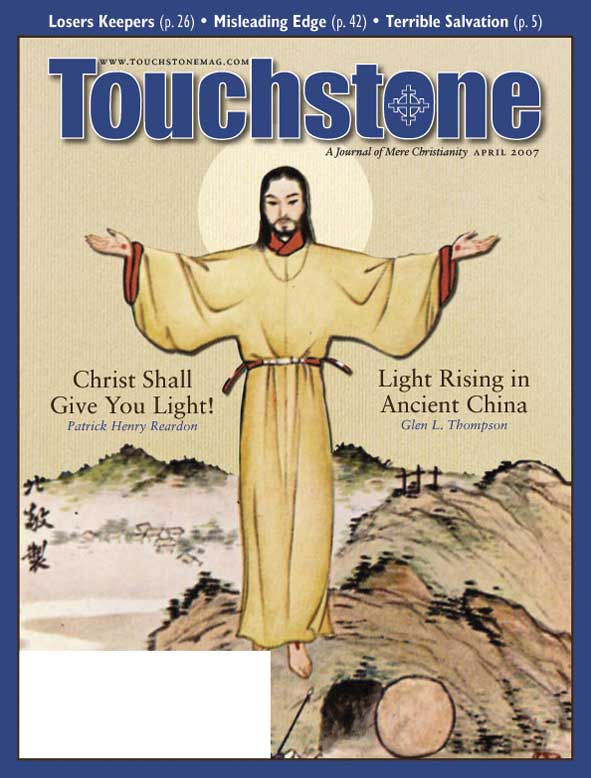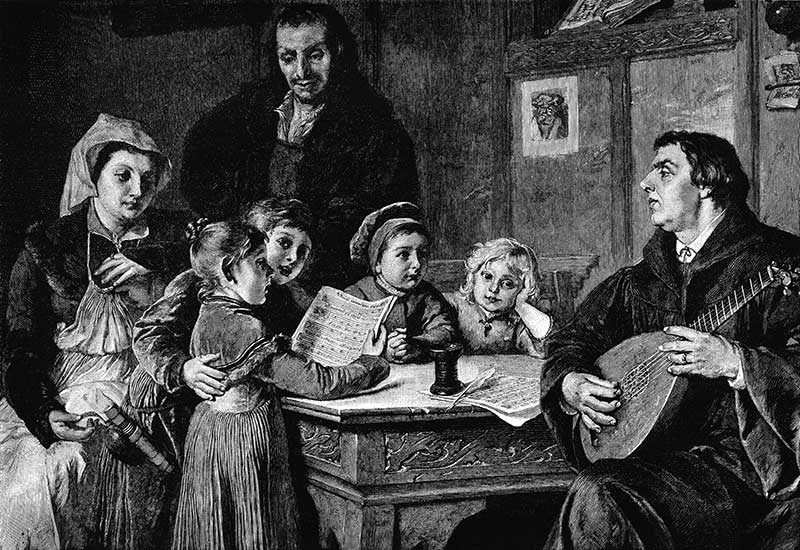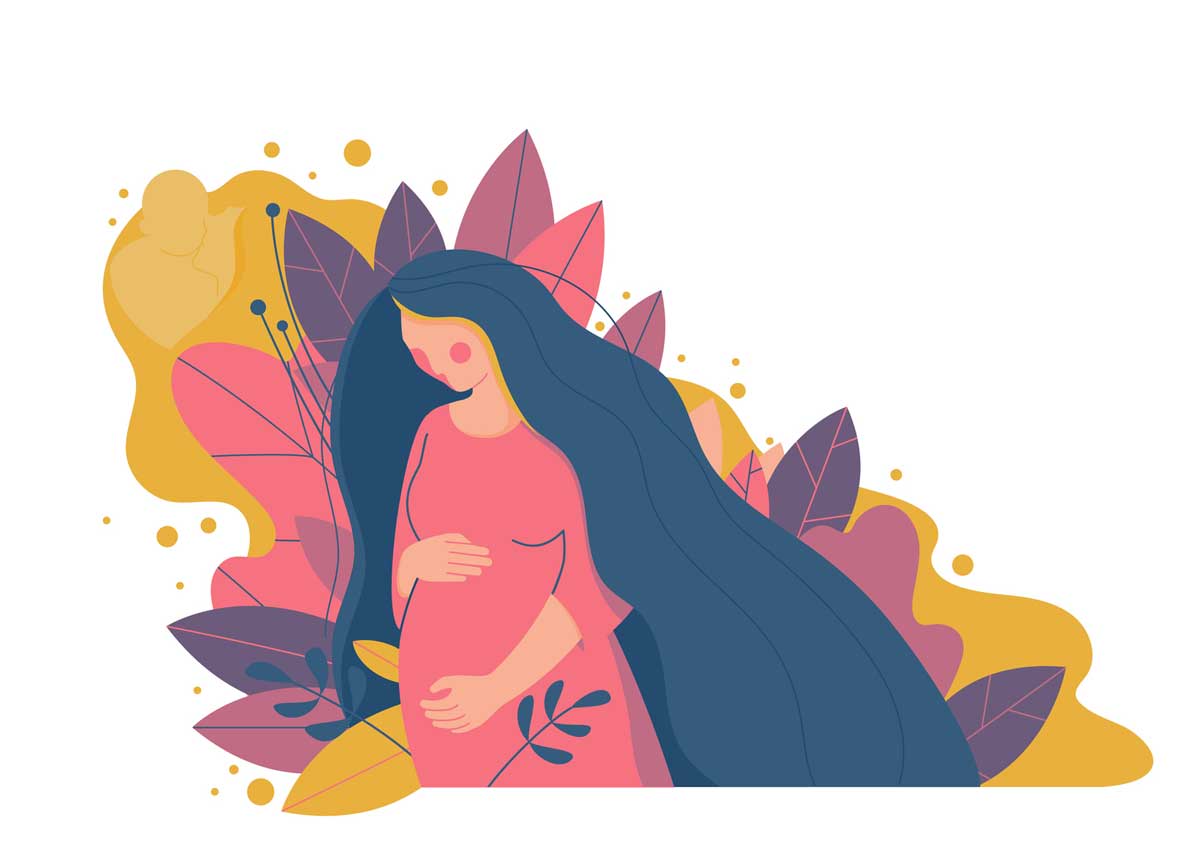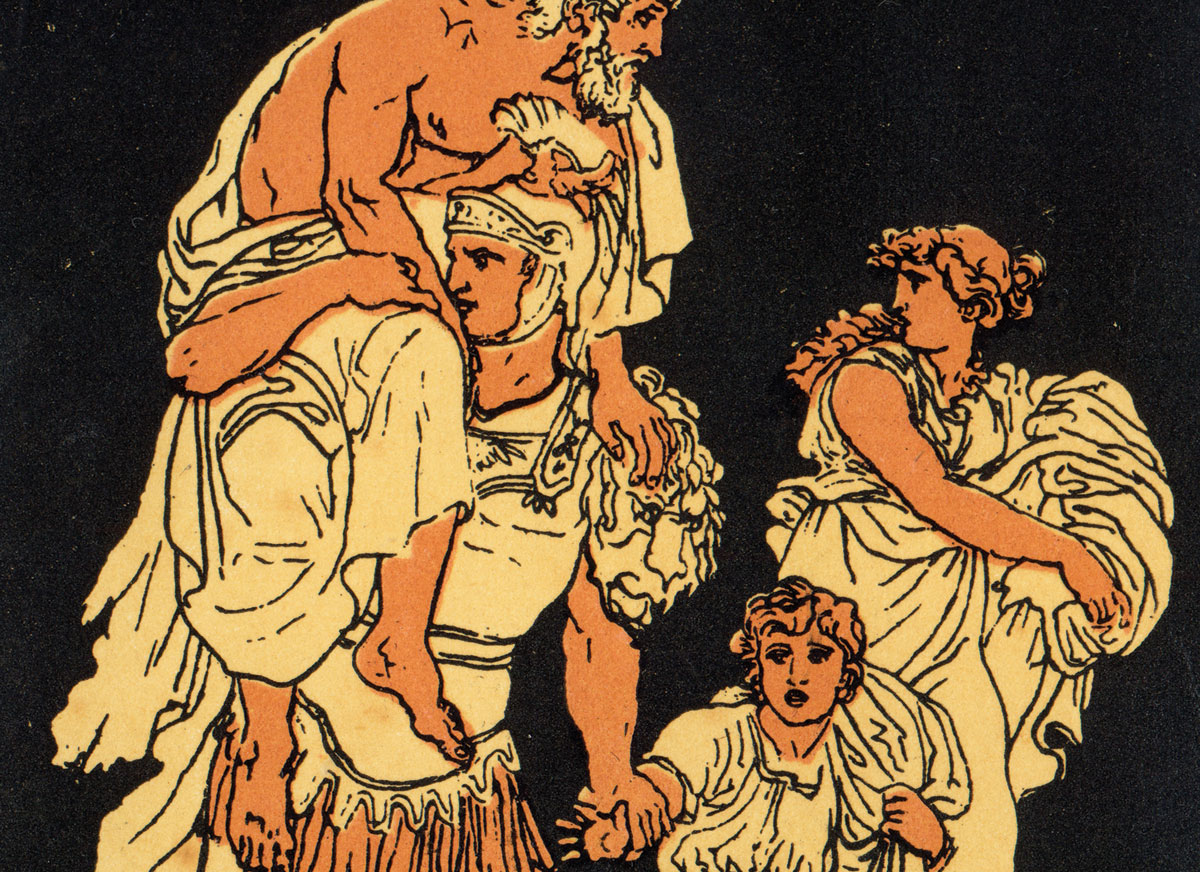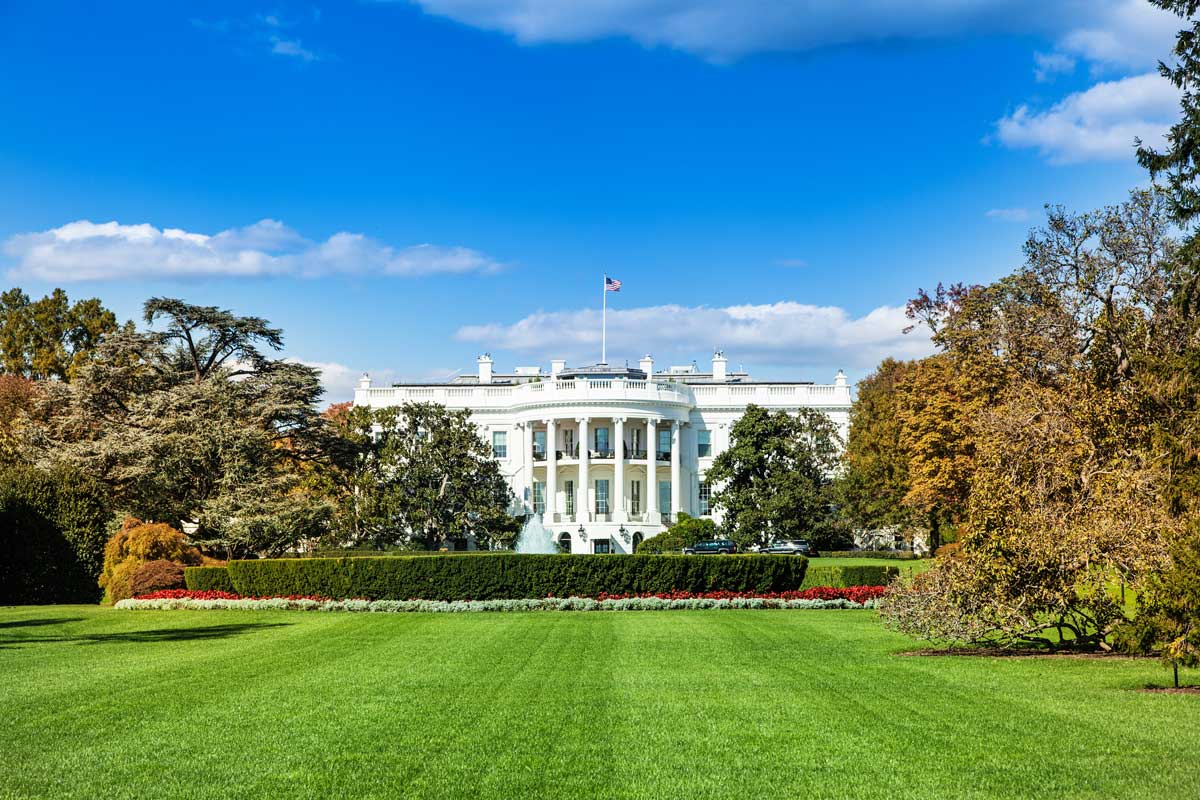Wedded Best
The Meaning of Marriage: Family, State, Market & Morals
edited by Robert P. George and Jean Bethke Elshtain
Spence Publishing, 2006
(335 pages, $29.95, hardcover)
reviewed by L. P. Fairfield
By the end of the last century, notes Louisiana State University law professor Katherine Shaw Spaht in this timely collection of essays, marriage had “evolved legally from an institution once heavily guarded from actual and perceived threats to a naked, fragile and unenforceable agreement of the parties themselves.”
This revolution in American society has substituted the emotional intimacy of adults for the responsible care of children as the primary value in marriage. And of course it has made lifelong commitment fragile, subject to the fickle variability of human emotions. And it has been almost completely undiscussed.
In 2004 the Witherspoon Institute sponsored a conference at Princeton University to discuss some of the problems the redefinition of marriage has raised. The Meaning of Marriage, edited by Princeton professor of jurisprudence Robert P. George (a senior editor of Touchstone) and University of Chicago social ethicist Jean Bethke Elshtain, presents eleven papers from that conference.
Contributors include George, political philosophers Hadley Arkes, Roger Scruton, and Seana Sugrue, economist Jennifer Roback Morse, historian Harold James, law professors David Forte and Katherine Shaw Spaht, and marriage scholars Maggie Gallagher, Don Browning, Elizabeth Marquardt, and Bradford Wilcox. The essays make four salient points.
Good Marriage
1. Marriage is good for children. Several of the essays (especially those by Browning and Marquardt, Gallagher, and Wilcox) summarize the research that demonstrates persuasively that heterosexual, faithful, permanent marriages benefit children in a multitude of ways.
Provided that the marriages are reasonably successful in negotiating their inevitable conflicts, study after study shows that children in intact families are safer, healthier, and more socially competent than children from single-parent or reconstituted (her kids, his kids, their kids) families.
As Gallagher puts it, “The weight of social science evidence strongly supports the idea that family structure matters and that the family structure that is most protective of child well-being is the intact, biological, married family.” These scholarly conclusions are now supported by such a mountain of evidence that naysayers risk their intellectual integrity when they willfully ignore the data.
2. Marriage is good for society. Other essays in this volume (especially those by Morse, Sugrue, and Wilcox) distill the evidence that marriage benefits the American commonwealth. The eighteenth-century founders of America all recognized that the family was the schoolroom of social virtues like self-control, honesty, responsibility, and neighborly altruism. Alexis de Toqueville acknowledged in 1833 that American families (and the churches that supported them) created citizens fit for freedom.
When the integrity of the biological family collapses—as it has under the assault from the social redefinition of marriage begun in the 1950s—the state has to intervene and pick up the pieces. When society redefines marriage to mean emotional pleasure for adults and not responsibility for children, out-of-wedlock births and divorce and single parenthood destroy the schoolroom of the social virtues.
Girls have babies, for whom the state must pay. Boys go to prison, for which the state must pay.
Every society in history has necessarily taken an interest in raising its next generation by supporting and regulating families, however defined. The twentieth-century American “marriage revolution” has privileged adults and victimized children, naively supposing that socially competent children would somehow just happen. The present social wreckage refutes this naiveté.
Principled Marriage
3. Marriage is grounded in philosophical principle. Several other essays (notably those by Arkes and Scruton) argue that traditional marriage is not merely useful for children and for a free society, but is deeply rooted in human nature as well. It is, as George puts it, an “intrinsic human good” and not merely an instrumental good.
Human beings are hard-wired for the unification of sexual intimacy, reproduction, and the responsible care of their children in a lifelong and exclusive partnership. This structure is superior in principle to other arrangements (single-parent families, for instance). The Western intellectual tradition has affirmed this view of marriage as an intrinsic human good, from Aristotle to Aquinas to John Paul II.
The essays that argue this point are provocative, but less definitive than the ones, just described, that treat the “instrumental” value of marriage. An essay on the Christian worldview as a whole might have been useful here, one that argued its superiority to postmodern skepticism (as offering, for instance, a more comprehensive and more internally consistent view of reality).
Postmoderns who doubt the reality of anything are not likely to concede that traditional marriage may be congruent with some fixed reality called human nature. The philosophical case for marriage needs to start farther back, with the philosophical case for philosophy.
4. Same-sex marriage is unhelpful. While acknowledging that the collapse of heterosexual marriage affects far more victims than same-sex unions might involve, the authors (especially Browning and Marquardt, and Sugrue) warn against the various initiatives nationwide to extend the benefits of marriage—now redefined—to partners of the same sex.
Affirming “gay marriage” would put the final nail in the coffin of traditional matrimony, the scholars assert. It would fix in amber the recent redefinition of marriage as a provisional contract, for the exchange of emotional intimacy, between consenting adults of whatever sex.
And it would eradicate any notion of marriage as a schoolroom for the social virtues. If marriage is about “my experience,” the needs of children, indeed, of society and of future generations, recede from view.
Timely Plea
Full of substantial argument and sociological data, The Meaning of Marriage pleads for some thoughtful consideration of marriage by its opponents among the American intellectual elite. How ironic that these ostensible guardians of Reason are the first to hoot down any suggestion that traditional marriage is discussable.
subscription options
Order
Print/Online Subscription

Get six issues (one year) of Touchstone PLUS full online access including pdf downloads for only $39.95. That's only $3.34 per month!
Order
Online Only
Subscription

Get a one-year full-access subscription to the Touchstone online archives for only $19.95. That's only $1.66 per month!
bulk subscriptions
Order Touchstone subscriptions in bulk and save $10 per sub! Each subscription includes 6 issues of Touchstone plus full online access to touchstonemag.com—including archives, videos, and pdf downloads of recent issues for only $29.95 each! Great for churches or study groups.
Transactions will be processed on a secure server.
more on family from the online archives
more from the online archives
calling all readers
Please Donate
"There are magazines worth reading but few worth saving . . . Touchstone is just such a magazine."
—Alice von Hildebrand
"Here we do not concede one square millimeter of territory to falsehood, folly, contemporary sentimentality, or fashion. We speak the truth, and let God be our judge. . . . Touchstone is the one committedly Christian conservative journal."
—Anthony Esolen, Touchstone senior editor






